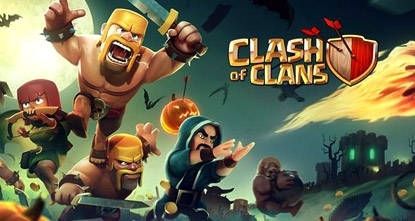
To have one,
or to have many; that is the question when it comes to the mobile gaming sector. While consumers have shown an affinity to play a single game often (Candy Crush Saga, say), their interest can be
fickle and quickly move on to the hottest flavor (Flappy Bird, for instance) without warning.
In an analysis of more than one million gaming sessions of more than 1,200
Android smartphone users, Strategy Analytics’ AppOptix platform found King.com’s collective titles amounted to 26% of the total time spent on gaming during the first quarter of 2014.
However, two-thirds of that activity is dominated by only one game, Candy Crush Saga.
Meanwhile, game maker Zynga has only one title (Words with Friends) in the list of top 10
games based on time spent in the first quarter. However, its broad array of games, from Zynga Poker to CastleVille, lifts the gaming company into a close second with King.com for consumers’
attention.
advertisement
advertisement
But in the dynamic and expanding mobile gaming world, neither company is particularly secure. New games are attracting consumer attention at a fast pace. Though only
having been on the Android platform for two quarters, SuperCells’ two games, Hay Day and Clash of Clans, also managed to crack the top 10 list. That ability to capture consumer attention quickly
shows how competitive the industry has become, says Bonny Joy, chief of consumer telemetry platforms at Strategy Analytics.
“Though it looks easy for two titles to have a
[significant market] share, it also shows how vulnerable they are,” Joy tells Marketing Daily. “It’s an extremely difficult industry to develop and maintain market
share.”
Complicating the matter is the mobile gaming market is zero-sum. Though gaming occupies 13% of the time spent across all mobile activity (and accounts for 17 minutes
of a typical user’s day), the time spent doesn’t increase when new games come out. “Time spent on a new title is likely to come at the expense of another title,” he
says.
Right now, the field is wide open to any number of companies trying to gain more players to a single or several games. “Right now, it’s all about
eyeballs,” Joy says. “It doesn’t matter if you have one game or many games, if you have that share of eyeballs.”
Long-term, however, having a breadth of
games is likely to pay off as consumers’ interests change. “It’s extremely difficult to maintain share,” Joy says. “It’s probably good to have a wide portfolio of
games.”